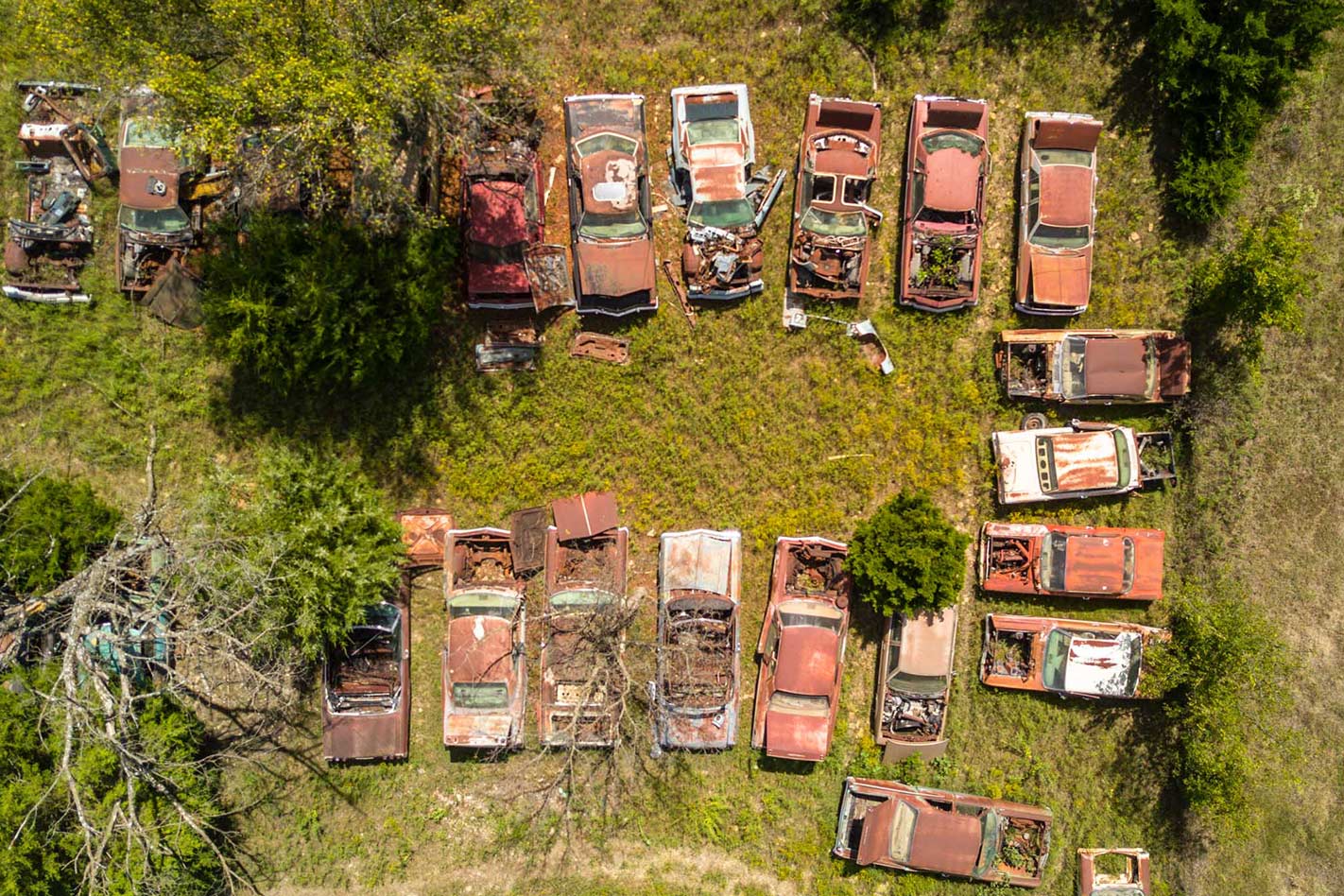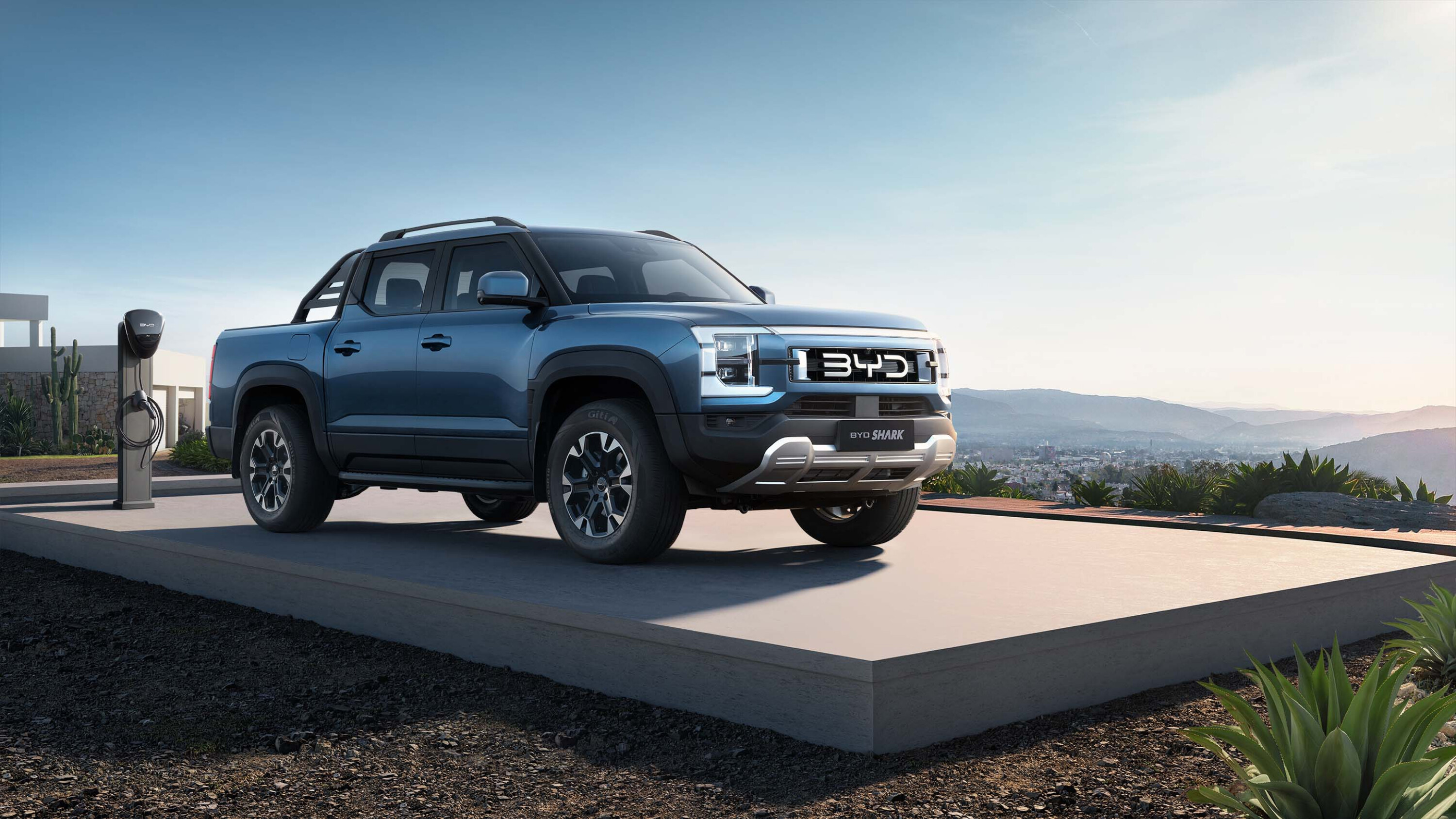Snapshot
- Industry looking to improve what happens to end-of-life cars
- Could mean rego system changes to better track vehicles
- Project to present findings early 2023
The way we register cars could drastically change if a plan to recycle more parts from ‘end-of-life’ vehicles goes ahead.
Under the proposals, currently being workshopped by the Federal Chamber of Automotive Industries (FCAI) and Motor Trades Association of Australia (MTAA), the rego process would need to be overhauled to better track a vehicle from the start of its ‘lifetime’ until the end – as is the case in countries such as the UK and Canada.
At present, vehicles are registered by an owner when new, if re-registered interstate or after a long period of time off road – but there is no legal requirement to formally de-register them or notify the authorities if they’re no longer being used, meaning many cars can sit in garages, barns or paddocks for years with no record of where they are or what condition they’re in.
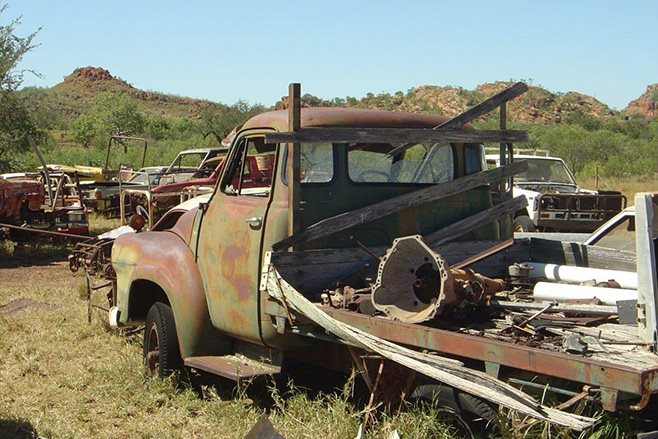
“There are a couple of hallmarks of international schemes that seem to make them successful, such as having a method of recording the vehicle from its birth or registration through to the point of time when it gets destroyed – and that’s quite different to what occurs in Australia [now],” said Rob Langridge, director of emerging technologies at the FCAI.
“At this point in time, we track it for registration and use on road. And as soon as it stops being used on road, it could be parked in a paddock or a garage or somewhere, and no one really knows where it is. If it’s not being registered for road use, it sort of disappears off everyone’s systems.
“[Tracking vehicles] would require a major change to state and territory registration systems.”
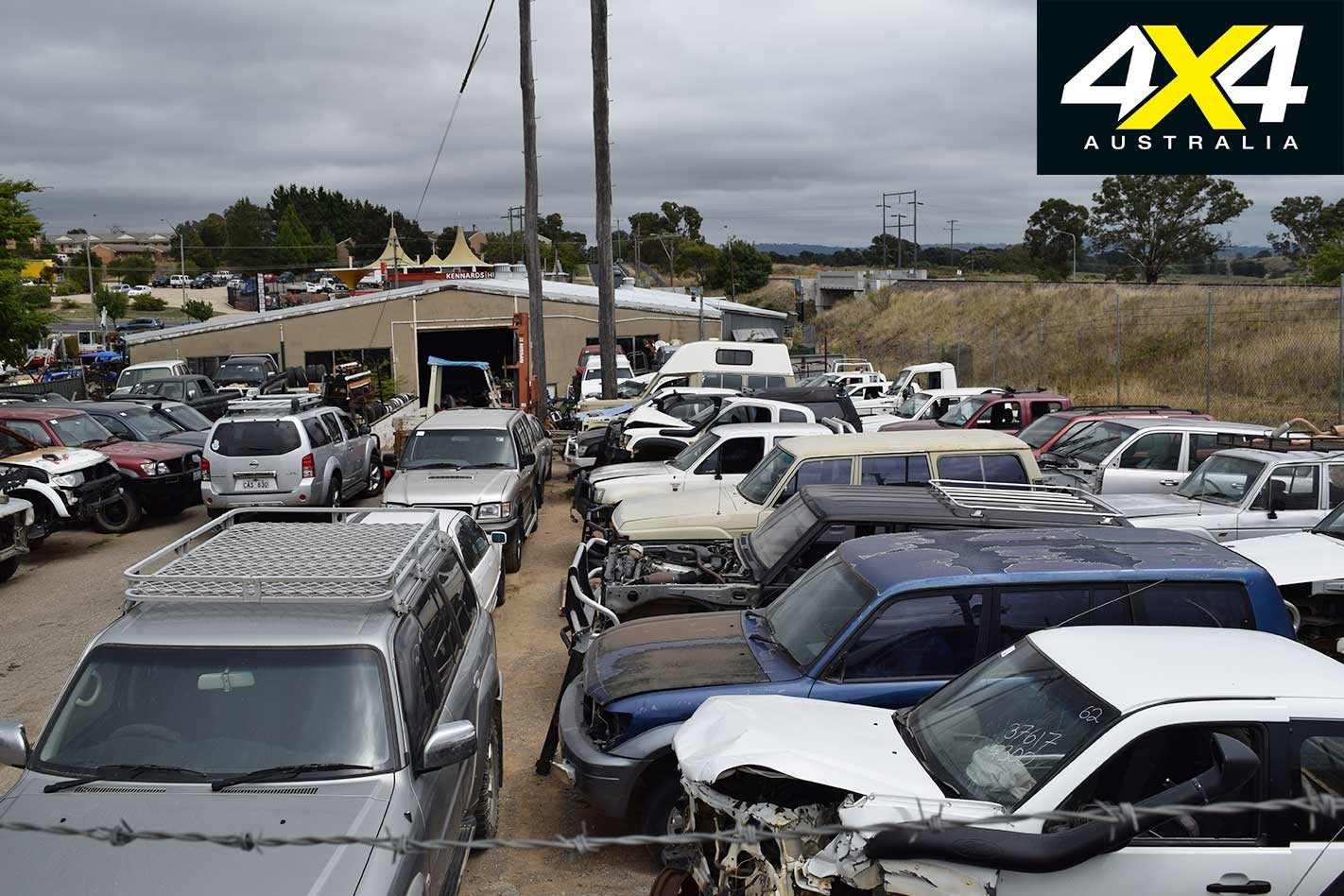
The possible changes to rego systems, which would likely take at least two years to implement due to the multiple layers of legislation and consultation needed across Australia, are part of a wider plan to improve how vehicles are recycled at the end of their lives.
Earlier this year, the FCAI and MTAA, the latter of which represents vehicle parts suppliers, dismantlers and recyclers, were jointly awarded a $1 million grant by the Morrison Government under the National Product Stewardship Fund to look at ways to stop 700,000 cars being destined for landfill each year.
The partnership between the two industry bodies is designed to find one “harmonious” policy for decommissioning and recycling vehicles in Australia, and to explore the regulatory changes that might be needed to back that up.
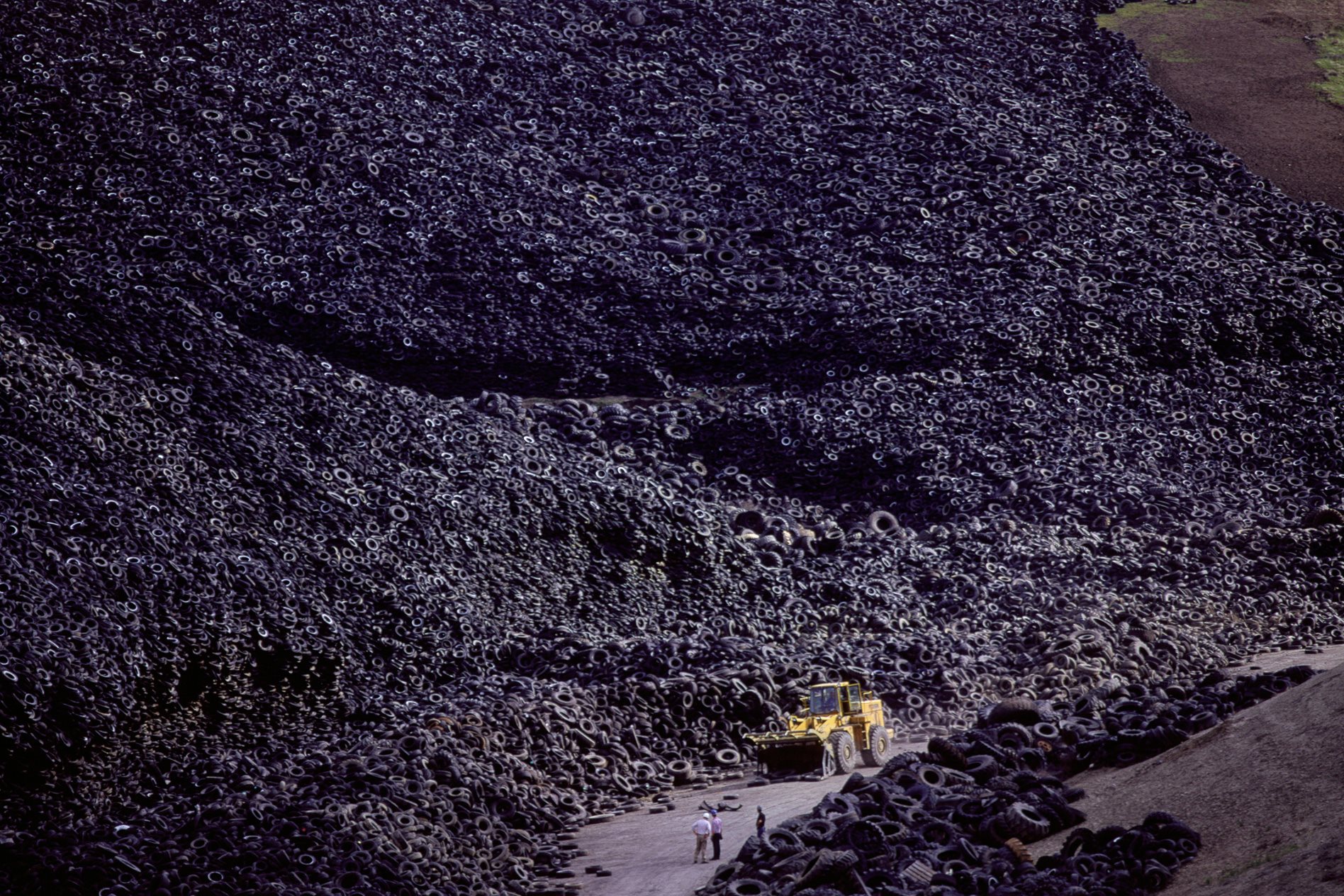
“The question of whether you destroy a vehicle or decommission is typically going to involve removing all the fluids and contaminants out of it, the gases, recovering products for reuse – such as selling a secondhand part – and then looking at what else can be sent for recycling. Then the remainder gets put into what they call ‘flock’ and that goes to landfill,” Langridge added.
“The study we’re undertaking right now is looking at – if we did have a vehicle being identified at end of life and we did decide to destroy it, in the sense of dismantling/recycling etc – what an authorised treatment facility would look like.
“When you look at recyclers, you’ve got everyone from very large operations right down to the much smaller ones, and as we move into the country areas they really can be quite small.
“And then, unfortunately, we still have the nefarious elements within the industry, and part of this process may well start to think about how do we start to deal with some of those.”
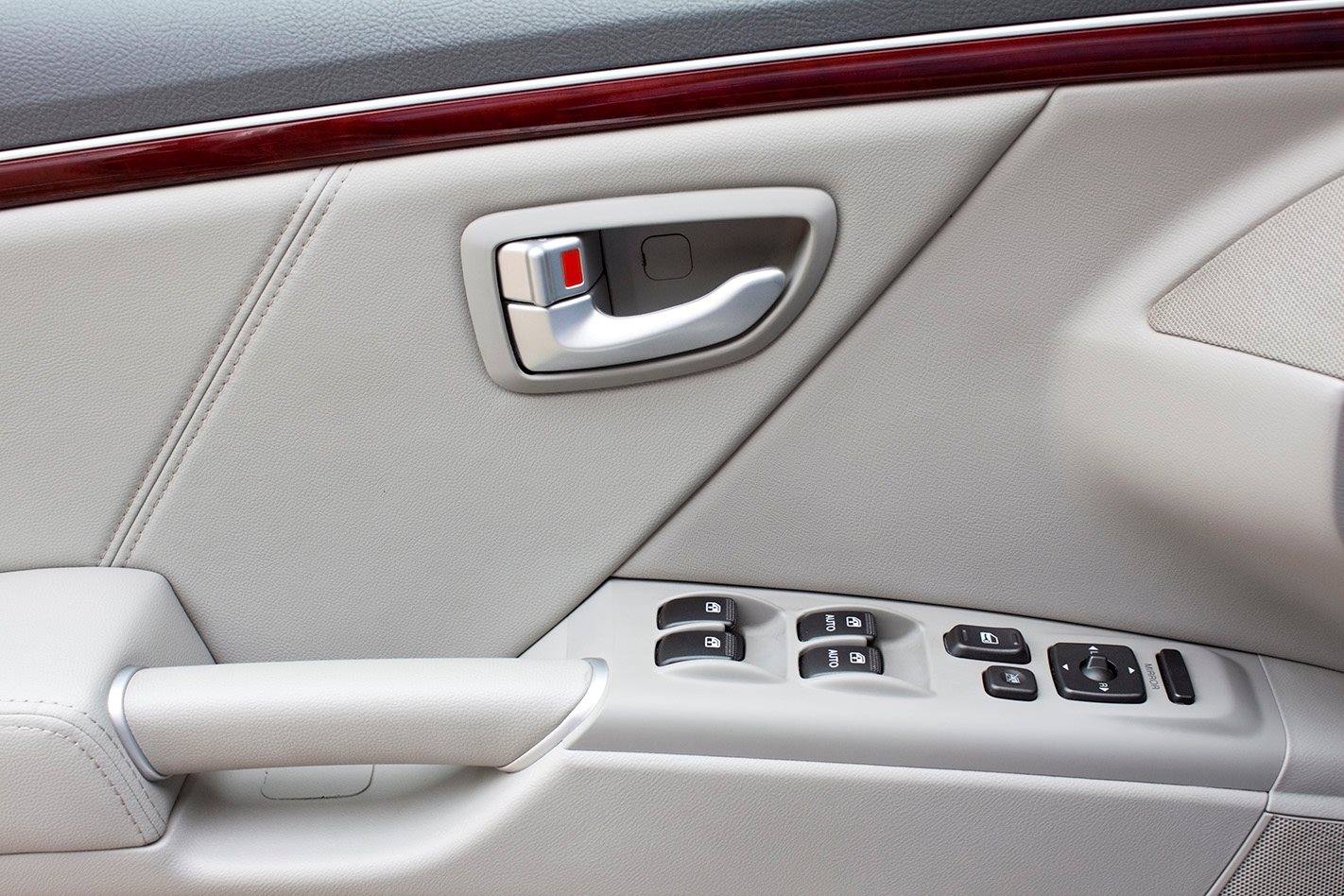
Wheels understands that currently 60 per cent of scrapped vehicles’ weight is metal, which is already largely recycled, but the remaining forty per cent is more difficult because of the large number and complexity of parts.
Glass in particular isn’t well recycled in Australia at present – in fact there is just one facility in the entire country. In overseas markets, large volumes are needed to make the practice commercially viable.
The new project would ensure more elements, such as the textiles used for seats and plastics in door trims, as well as electronic components, can be recycled.
One important consideration for the FCAI is making sure an authorised treatment facility can de-gas the air-conditioning safely.
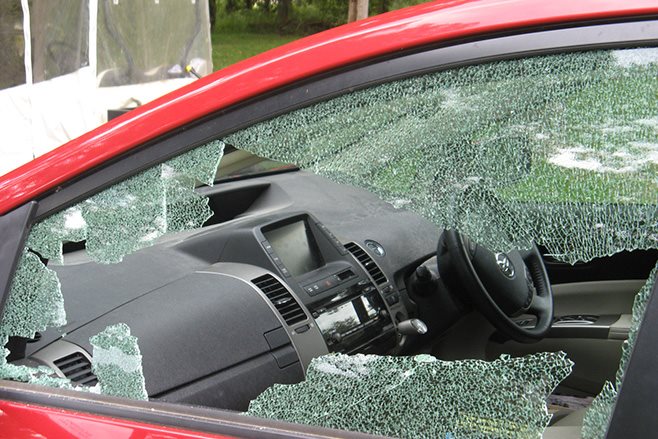
“We need to stop fluorocarbons going off into the atmosphere and affecting the environment at the rate that they do. At the moment, for instance, you could have a backyard operator who just cuts the air conditioning hoses and releases it off. But what we need is an authorised treatment facility that would recover the gas, treat it and, and dispose of it in the environmentally and appropriate way,” Langridge told us.
“Work is well underway, and the result will be a comprehensive, evidence-based road map to implement a national recycling scheme by the end of 2023,” MTAA CEO Richard Dudley said.
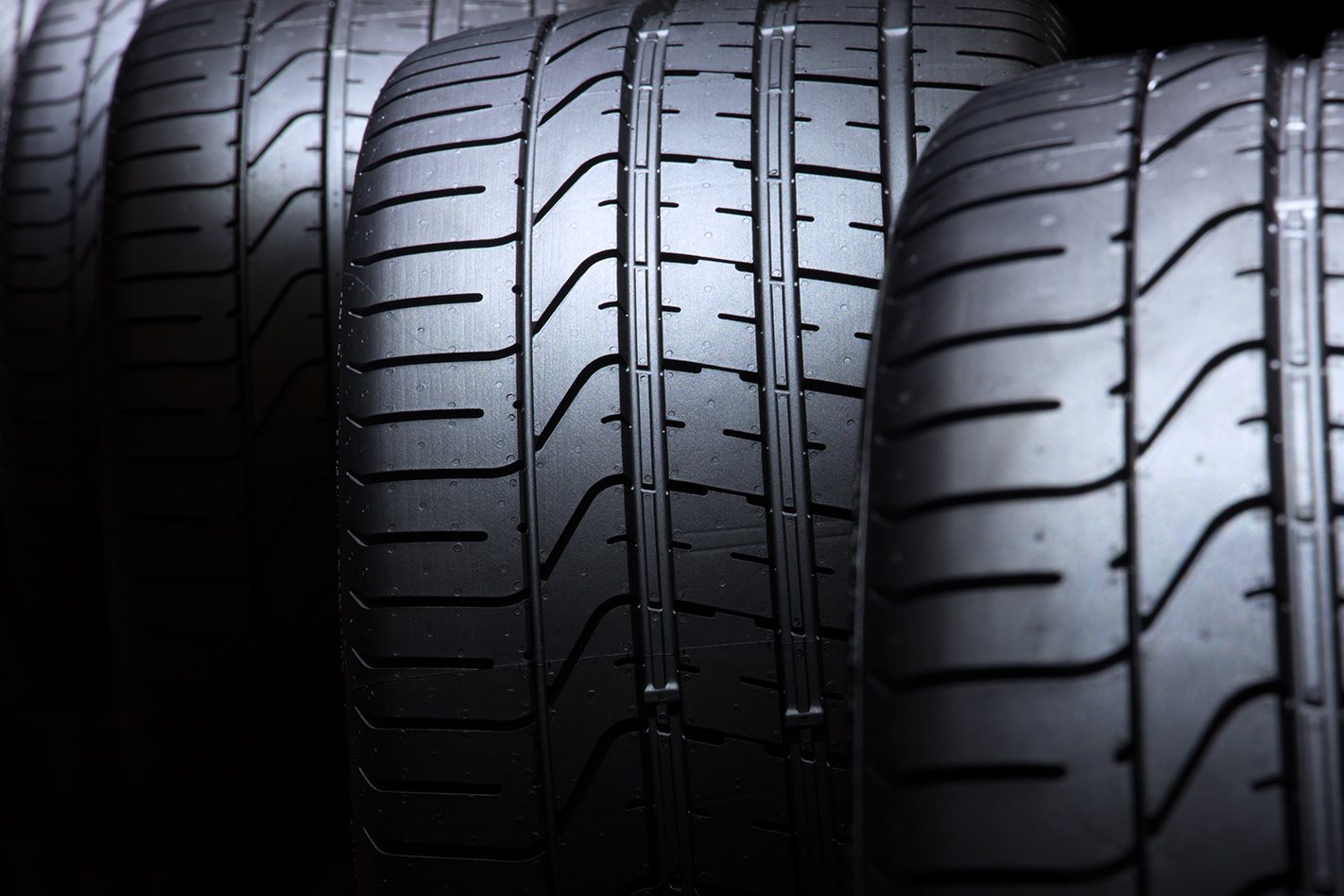
“With more than 700,000 passenger vehicles reaching the end of their life each year, there is an opportunity to streamline and harmonise decommissioning and dismantling processes, environmental compliance requirements, and business to business linkages to minimise landfills and maximise recycling opportunities.
“This will…enable Australia to be better prepared for the transition of the national vehicle fleet from internal combustion engines to electric.”
“This is a watershed moment for our industry,” said VACC CEO, Geoff Gwilym.
“This has been a missing piece in the transition of our industry to an electric vehicle dominant market.”
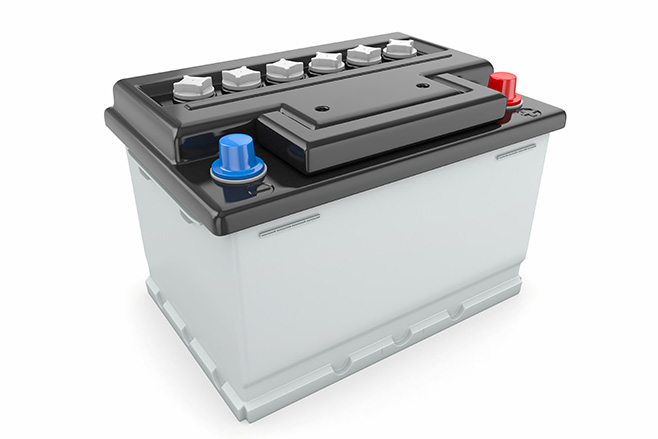
Critical to the plan is taking best practice from overseas, but suiting it to the “specific business and commercial demands of the Australian marketplace”, the VACC said.
“We’re starting to see electrification of fleets and more rigour around how we are going to deal with end of life products such, including batteries, motors, control circuits, and those sorts of things,” Langridge told Wheels.
“But what we need to do is to develop a business case that suits the Australian market. The biggest advantage overseas has got is substantially more vehicles. When you start to look at it from a cost perspective – it’s much easier to deal with larger volumes than it is with smaller volumes. We also need to consider the diverse geographic nature of Australia and the small population, which makes it somewhat difficult.”
We recommend
-
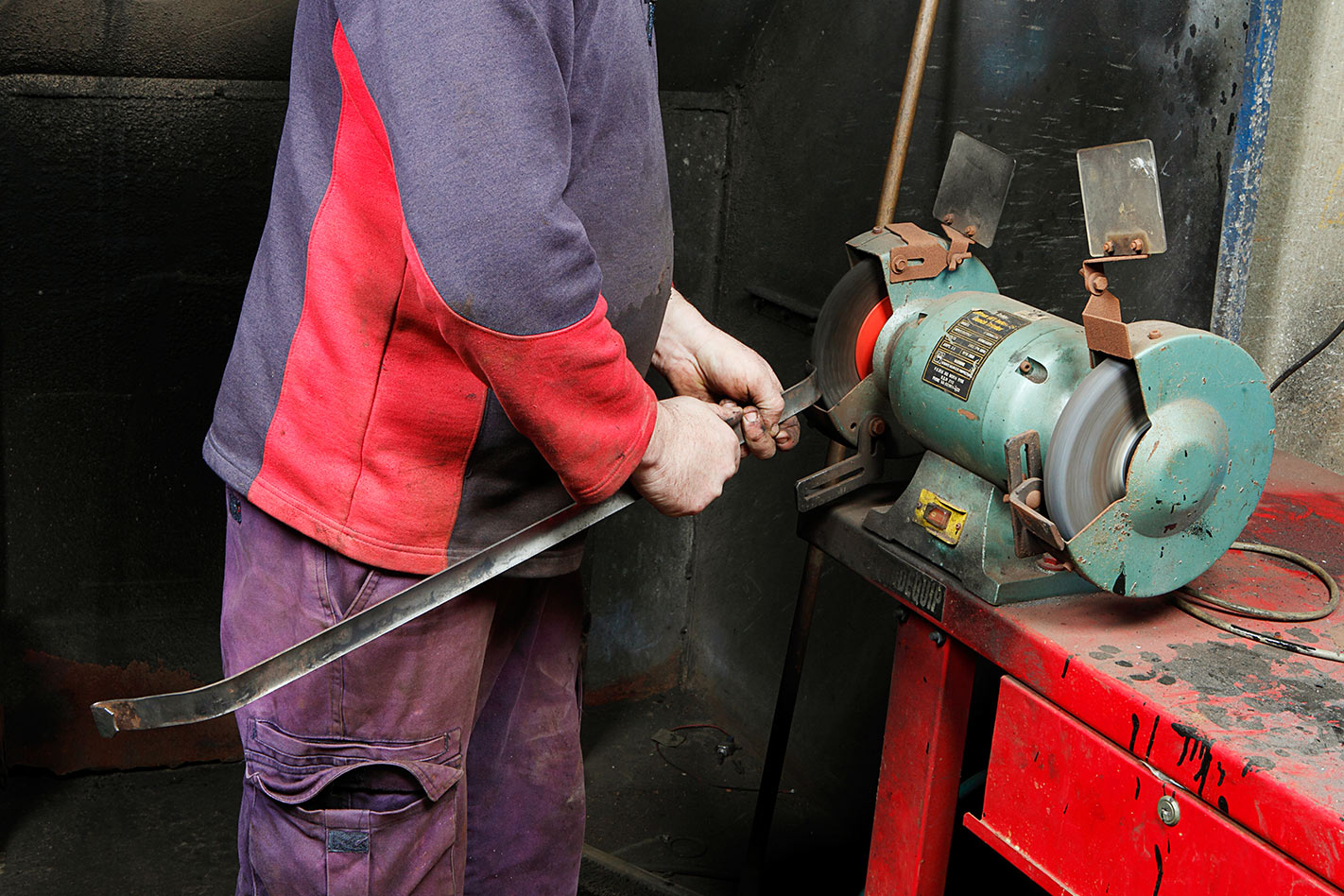 News
NewsEXCLUSIVE: 'New car prices could rise' when service and repair law kicks in this July
The industry is divided about whether the upcoming legal change is a good thing for car owners or not
-
 News
NewsEXCLUSIVE: New car key battery laws mean replacing old sets 'might not be possible', will cost industry
The Australian Government is bringing in new laws on button batteries from next week, but what does it mean for you?
-
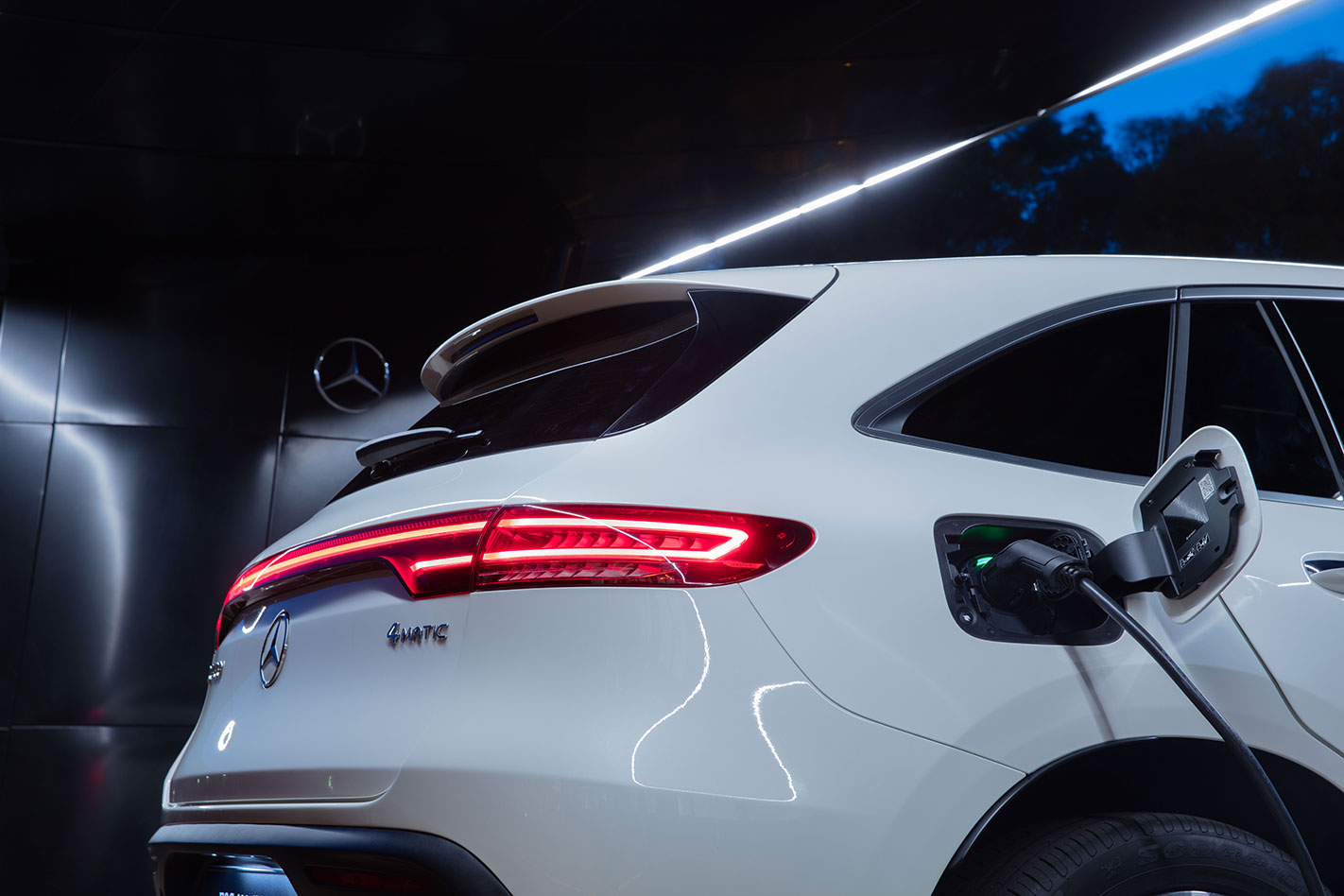 News
NewsACT offers two years free rego for EV owners
The discount applies from today until June 30, 2024


